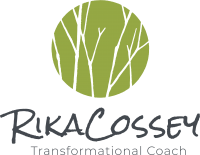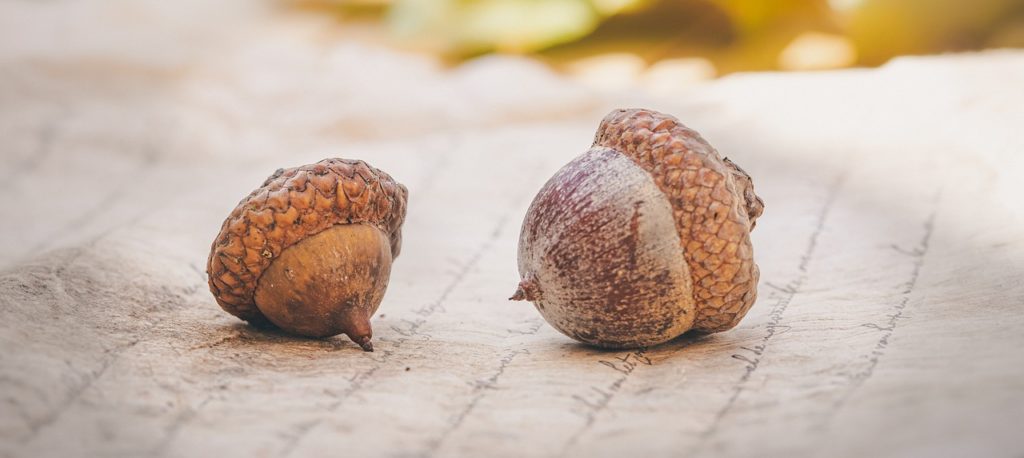“Yesterday is history, tomorrow is a mystery, and today is a gift.” This saying is attributed to many different thinkers, past and present. Until recently, I liked it. It gave me a sense of aiming to live in the moment and to enjoy my today. But, I’m beginning to question the undertone it carries. Yes, yesterday is past, and I can’t change or even rewrite history. I can learn from it and draw different conclusions every day, but I can’t change it. Today is a gift – I won’t argue that.
But I want to argue the mystery of tomorrow. The saying makes it sound like we have no agency over tomorrow. But the truth is that we do, every day and with every choice we make. And in times of climate change, the choices we make today are more critical than ever.
Adopting a “tomorrow” mindset
Whenever you and I make a decision today, it affects tomorrow and sometimes even decades to come. Just like the stone in water, our choices have ripple effects – all of them.
Just take the example of hairspray in the 1950s and its key ingredient: aerosols, or better yet chlorofluorocarbons (CFCs). The aerosols in hairspray and other products, which were discovered in 1930, were later found to be contributing to ozone depletion and ultimately to the, generally described, ozone hole in the 1970s. Even today, anyone in Australia and New Zealand will know about the ozone layer. And Antarctica is still subject to the effects of a thinner ozone layer. However, if it weren’t for the use of aerosols in hairspray and other household products, the ozone layer would not have thinned.
Chemical reactions aside, the example shows that everything we do affects our world, and every decision we make can affect tomorrow. It can be a decision to do something or not to do something. Thus, our todays link to our tomorrows.
And that is where I want to locate the tomorrow mindset, a mindset that acts today with the future in mind. It’s not a common mindset in our consumer culture today. We want what we want today, not tomorrow or some distant day in the future. Everything should happen now.
Using a future mindset means to break away from instant gratification and to lean towards patience, thought processes, and consideration for what is to come.
I’m staying on the individual level with these ideas for now because that is the realm we each have power over. We each make choices, and we need to evaluate these choices. But, of course, the scope can be much more significant.
The seventh-generation principle
In light of sustainability, policymakers are now moving towards a Native American principle and the simple question: how will the seventh generation from today be affected by our decisions today?
This relatively straightforward question carries tremendous weight when looking at energy production, water and land use, and even climate disruptive behaviour. Will future generations benefit from our lives today, or will they lead a diminished life because of us alive today?
I find the principle a very confronting one because it calls into action that we need to adopt a different mindset to the way we treat our planet. At the current trajectory, seven generations from today will not enjoy a bountiful life. My great-great-great-great-great-grandchildren, who might be born around 2190, will not enjoy the kind of life I deem normal today. So, the question for me remains: what can I do today so that my descendants have the same opportunities and possibilities as I have today?
Thinking with our acorn brain
There is one solution I find comforting when I tackle the “tomorrow”-mindset, and that is to think with an acorn brain. Just like a squirrel burying acorns in the autumn, I, too, can begin to plant trees, literally or figuratively speaking. I can make decisions that will benefit future generations. I can think about what my great-great-great-great-great-grandchildren might look like, picture them in my mind, and then make a decision.
At the beginning of this article, I said that we need to treat every moment as a gift. And I agree with that. But maybe rather than treating it as a gift to us personally, we can begin to think about our legacy. Perhaps we can start to think of an acorn that grows slowly over decades and centuries to come. And we can imagine how that acorn turns into a tree for our descendants and act as if we can protect them in person from the sun and rain.
Disclaimer: I’m currently reading Roman Krznaric’s fantastic book “The Good Ancestor” and the ideas above are an extension of his thoughts.
This post first appeared on the Skilled Helpers Collaborative to which I regularly contribute. All thoughts are my own unless stated otherwise.

